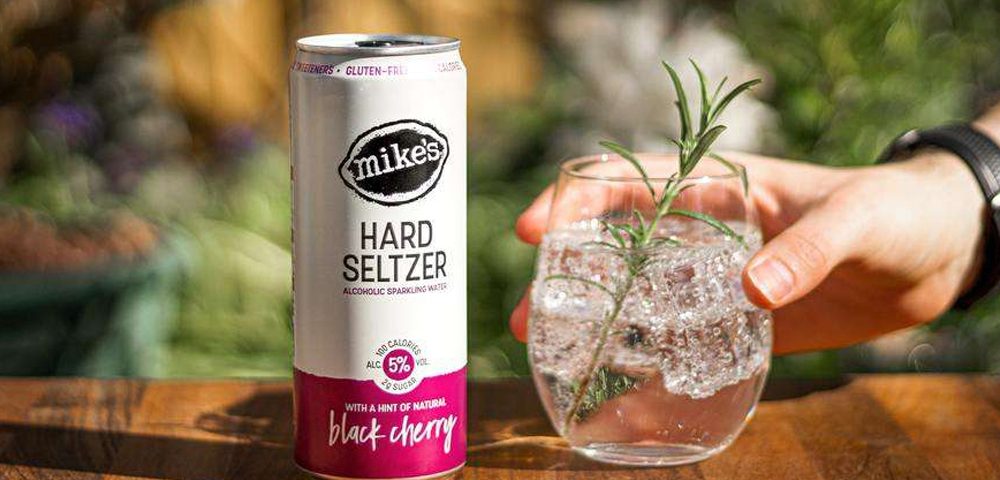Oxycodone is a drug that falls in the category of opioids. It is a potent drug used in pain management and anesthesia whose primary ingredients in Oxycodone are Percocet, Oxycontin, and Roxicodone. In the United States, the drug is classified as a Schedule II controlled substance. It is illegal to possess or use Oxycontin without a prescription from a qualified physician.
Oxycodone can safely manage pain and help patients fully recover from surgery or other injuries when properly administered. It is also used by patients struggling with chronic pain under close supervision by a physician. The effects of Oxycodone are the reason why it is a controlled substance. The high experienced by individuals entices one to take more and more of the drug to chase the euphoric feeling.
Oxycodone interacts with the brain’s opioid receptors blocking the transmission of signals associated with pain, thus effectively relieving pain. At the same time, it causes euphoria and sedation by releasing a gush of dopamine, a neurotransmitter that fortifies behavior. The effect is so strong that an individual can develop a dependency on the drug after taking it once.
When an individual develops an addiction to Oxycodone, they are likely to start taking more than the prescribed amount. To meet their growing need, many individuals purchase Oxycodone illegally from drug traffickers. Oxycodone sold in the streets is on by different names, including percs, oxys, or 512s. One of the other reasons the drug is so dangerous is because it subdues the respiratory system. As a result, an overdose from the drug can lead to significant respiratory failure and ultimately death.
How does Oxycodone interact with alcohol?
 Both Oxycodone and alcohol depress the central nervous system. Alcohol, just like Oxycodone, slows down an individual’s breathing. Combining the two is highly dangerous because the effects of the substances on the respiratory system are doubled. Combining Oxycodone and alcohol can lead to respiratory depression, characterized by shallow breathing or inability to breathe at all.
Both Oxycodone and alcohol depress the central nervous system. Alcohol, just like Oxycodone, slows down an individual’s breathing. Combining the two is highly dangerous because the effects of the substances on the respiratory system are doubled. Combining Oxycodone and alcohol can lead to respiratory depression, characterized by shallow breathing or inability to breathe at all.
In other words, combining the two can lead to suffocation. When a person gets to this point, the depressed respiratory system can quickly cause brain damage, and ultimately, death. Research indicates that taking even a tiny amount of alcohol with a single oxycodone pill puts one at risk of respiratory depression. Studies have also indicated that the danger is greater among the elderly.
Because hard seltzer contains alcohol, mixing it with Oxycodone is dangerous and should be avoided at all costs. The alcohol in the seltzer and Oxycodone are depressants. When combined, they can depress the respiratory system by slowing down the heart rate. Thus, it could shock one’s cardiovascular system leading to a stroke or heart attack.
Because alcohol and Oxycodone are not illegal, it is easy for law-abiding citizens to access the two. The sad thing about addiction is that it impairs judgment, and you might not recognize it when you’ve crossed the line. So the safest thing will be to avoid alcoholic beverages all together if you’re on an oxycodone prescription.
Oxycodone and Alcohol Abuse as Co-Occurring Disorders
 An individual struggling with addiction to two or more substances are said to be suffering from a co-occurring disorder. Co-occurring disorders have a significant impact on the lives of those suffering from the illness. For example, mixing hard seltzer, an alcoholic beverage, with Oxycodone exposes one to a greater risk of developing co-occurring disorders.
An individual struggling with addiction to two or more substances are said to be suffering from a co-occurring disorder. Co-occurring disorders have a significant impact on the lives of those suffering from the illness. For example, mixing hard seltzer, an alcoholic beverage, with Oxycodone exposes one to a greater risk of developing co-occurring disorders.
It is important to note that co-occurring disorders do not develop instantaneously. You might mix hard seltzer and Oxycodone for a while without overdosing, but there is no telling when you’ve taken enough to cause a medical crisis.
Emergency Help In Case Of An Overdose
 If your loved one should suffer an overdose from mixing hard seltzer and Oxycodone, you don’t have to despair. It is possible to get emergency help in a good time. Emergency responders use a drug called naloxone to reverse the overdose. Naloxone works by binding to the brain receptors that respond to pain. In doing so, it reverses the overdose within a short time. The reason naloxone is so effective in reversing the overdose is because it is broken down faster than opioids.
If your loved one should suffer an overdose from mixing hard seltzer and Oxycodone, you don’t have to despair. It is possible to get emergency help in a good time. Emergency responders use a drug called naloxone to reverse the overdose. Naloxone works by binding to the brain receptors that respond to pain. In doing so, it reverses the overdose within a short time. The reason naloxone is so effective in reversing the overdose is because it is broken down faster than opioids.
However, there is no guarantee that naloxone would work in reversing an overdose. Depending on the consumed amount of alcohol and Oxycodone and how long it took to get emergency responders to the scene, it might not be possible to reverse the overdose with naloxone. If one is lucky, naloxone, in this case, can be used to pause the effects of an overdose before more advanced treatment is given.
It is also important to note that while naloxone can reverse the effects of Oxycodone, it cannot reverse those of alcohol poisoning. There are medical procedures to help treat alcohol poisoning, but no medications exist to reverse the poisoning. This is why mixing hard seltzer with Oxycodone exposes one to a higher risk of overdosing.
Alcohol poisoning can be treated from a hospital by pumping the individual’s stomach, using activated charcoal, or providing supportive care. Ultimately, the risk associated with mixing hard seltzer and Oxycodone is not worth it. The risk of death is more significant when an overdose occurs.
Finding Help
If you or your loved one is struggling with substance abuse or mixes hard seltzer with Oxycodone, consider getting them to help early enough. Please don’t wait until they are experiencing a medical crisis to take action. They might not want to admit they have a problem, but professionals from recovery centers can assist with an intervention.
There are many health facilities today that are dedicated to helping individuals fight and recover from addiction. Depending on the patient’s need, financial ability, and location, you can access outpatient or inpatient care.
It is essential to get a therapeutic treatment to help the patient deal with the root cause of their illness beyond recovery. In doing so, the risk of a relapse is lowered.
You should avoid mixing hard seltzer with Oxycodone. The first time you attempt to do so might be the beginning of a downward spiral into addiction.
